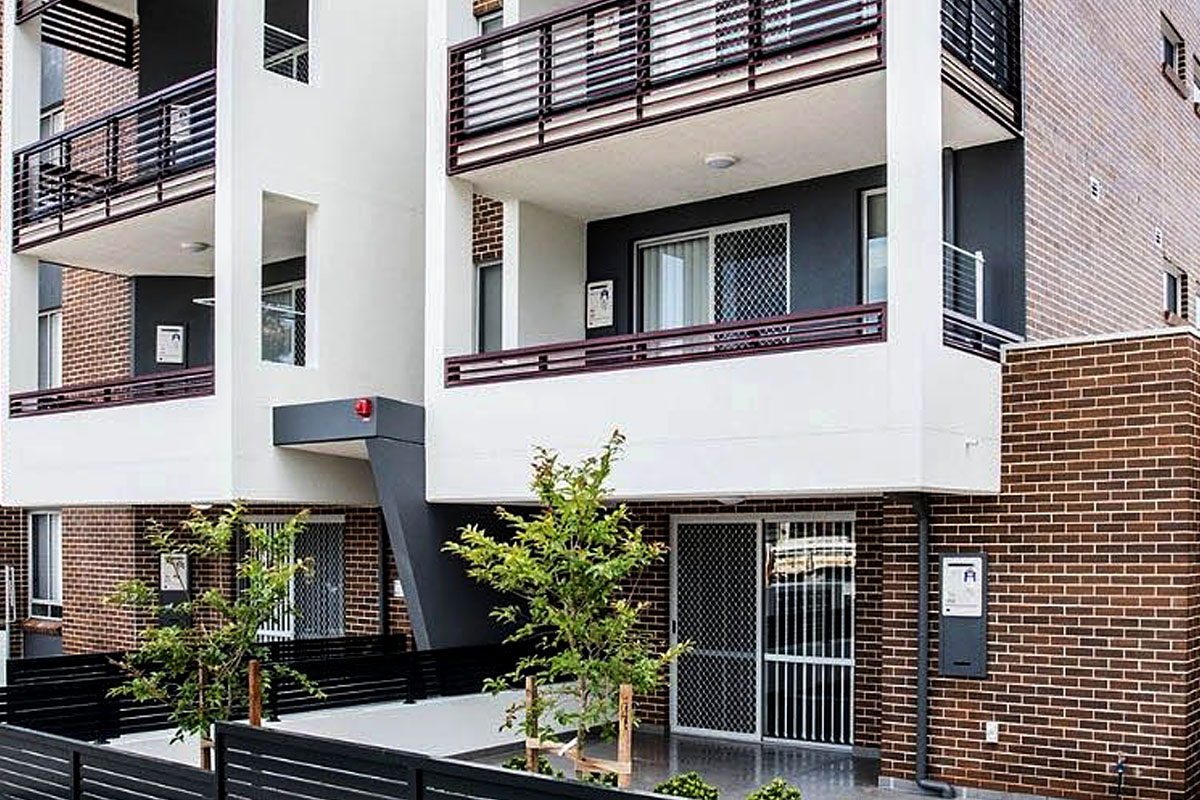Social and affordable housing is rental housing for members of the community who cannot meet their housing needs in the general market.
Affordable housing is for very low to moderate income households. The meaning of very low to moderate incomes is explained in the State Environmental Planning Policy (Housing) 2021 (Housing SEPP).
Generally speaking, affordable housing is priced so that a household is spending no more than a certain amount of its income on rent. This helps to ensure that the household has enough money for other essentials such as food, medicine, clothing and transport.
NSW Land and Housing Corporation (LAHC) is responsible for the State’s social housing portfolio. Under the Housing SEPP, social housing can also be developed by:
- registered community housing providers
- the Aboriginal Housing Office (AHO) or an Aboriginal housing organisation registered under the Aboriginal Housing Act 1998
- a local government authority that provides affordable housing
- a not-for-profit organisation that is a direct provider of rental housing to tenants
Government agency social and affordable housing updates
On 14 December 2023, the NSW Government implemented reforms to enable state housing agencies to deliver projects more efficiently, including:
- a new state significant development (SSD) pathway for the Land and Housing Corporation (LAHC) and the AHO where these agencies are seeking to deliver residential developments of over 75 homes
- Landcom also benefits from this SSD pathway where the development includes at least 50% affordable housing
- LAHC, the AHO and Landcom are now able to self-assess social and affordable developments of up to 75 homes, including residential flat buildings up to 11 m in height where the land use is permissible
- the minimum lot size for dual occupancies being delivered as complying development by LAHC, AHO and community housing providers (CHPs)/Aboriginal Community Housing Providers has been reduced to 400 m2 under the Low Rise Housing Diversity Code, making more land available for this type of development.
Registrar of Community Housing
The Registrar of Community Housing is responsible for implementing the National Regulatory System for Community Housing in New South Wales. This involves registering, monitoring and regulating community housing providers. Community housing providers are non-government organisations which provide housing for people on very low, low and moderate incomes.
Community housing providers are the responsible for the management of affordable housing delivered under the Housing SEPP.
Frequently asked questions
The Housing SEPP:
- requires new boarding houses to be affordable housing and permanently managed by a registered community housing provider
- requires in-fill affordable housing to be maintained as affordable, and managed by a registered community housing provider for 15 years
- sets out mandatory consent conditions for all affordable housing types. These conditions include the requirement to apply the NSW Affordable Housing Ministerial Guidelines
- provides self-assessment powers for LAHC, the AHO and Landcom to include:
- residential development with up to 75 dwellings on a single site and a maximum height of 11m and a maximum FSR of 0.65:1 (or greater where the LEP allows)
- boarding houses
- seniors housing
- requires these agencies to consider design guidelines during self-assessment.
In some cases, the government offers incentives such as floor space ratio bonuses. Incentives encourage developers to deliver affordable housing that will help to meet the needs of the community.
The Housing SEPP includes a revised definition of affordable housing households. This definition relies on information from the Australian Bureau of Statistics and about the National Rental Affordability Scheme. You can find this information at:
- The median household income for Greater Sydney, and a map showing the area covered.
- The median household income for the rest of NSW, and a map showing the area covered.
- Information about the National Rental Affordability Scheme.
The NSW Land and Housing Corporation(LAHC) is responsible for the NSW Government’s social housing portfolio. LAHC supports the priorities of the Government’s social housing policy Future Directions for Social Housing in NSW. Future Directions is underpinned by three strategic priorities:
- more social housing
- more opportunities, support and incentives to avoid and/or leave social housing
- a better social housing experience.
The Housing SEPP makes it easier and faster for LAHC to deliver the right kind of housing, in the right areas, for people in need.
The Aboriginal Housing Office (AHO) is a statutory body established under the Aboriginal Housing Act 1998 (NSW) to ensure that Aboriginal and Torres Strait Islander people have access to affordable, quality housing.
Landcom is a state- owned land and property development organisation. Landcom supplies home sites through the delivery of sustainable masterplanned communities and development projects, with a focus on expanding the stock of affordable and diverse housing.
Affordable housing provided under the SEPP must be managed by a community housing provider registered with the Registrar of Community Housing. The Registrar investigates complaints and ensures registered community housing meet their obligations under the National Regulatory Code.
Local councils ensure that development complies with consent conditions. If you are concerned about a development not being carried out in accordance with its consent, contact the local council.
You can use the links below to find out how to apply for:
The Department of Planning, Housing and Infrastructure does not manage social or affordable housing tenancies. For more information about how to apply for these types of housing, visit the Department of Communities and Justice.
More information
For more information, email [email protected] or phone 02 8289 6700.
